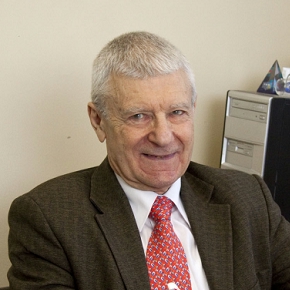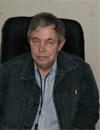 |
||
|
Russian Navy to receive 1st Graney class attack sub by end of 2012 RIA Novosti, PUBLISHED December 03, 2011 The delivery of the first Graney class nuclear-powered multipurpose attack submarine to the Russian Navy has been postponed until the end of 2012 due to additional tests of its weapons systems, the Sevmash shipyard said. Topics: Russia Other news: Belarus agrees to Russian building of nuclear station Belarus has already started working on the site, Lukashenko said. Russian specialists embark on construction of Vietnamese nuke plant Our Vietnamese partners on December 1 issued a document agreeing the beginning of work. Russia, Bangladesh sign agreement to build nuclear power plant The agreement was signed by Rosatom's head Sergei Kiriyenko and Bangladeshi Minister for Science, Information and Technology Yeafesh Osman. |
Hero of the day 
Georgy Toshinsky: Booming as a Driving Force to Trade (Reactors?) Not quite so. The authors of the concept, which was difficult to be realized in practice, turned to a clearer concept of a standing wave reactor (TP-1) that in principle allows finding the solution to the tasks stated for TWRs. INTERVIEW
Alexander Chistozvonov OPINION
Vessela Vaneva |

